Assessment of US CAFE fuel economy standards finds big savings on fuel and emissions since inception
Green Car Congress
SEPTEMBER 5, 2020
In one of the first comprehensive assessments of the fuel economy standards in the United States, researchers from Princeton University and the University of Tennessee found that, over their 40-year history, the standards helped reduce reliance on foreign oil producers, cut greenhouse gas emissions, and saved consumers money.

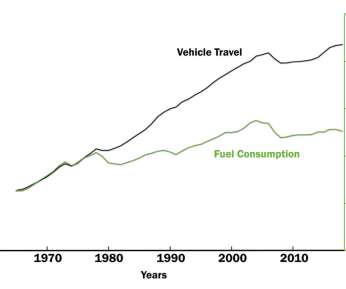






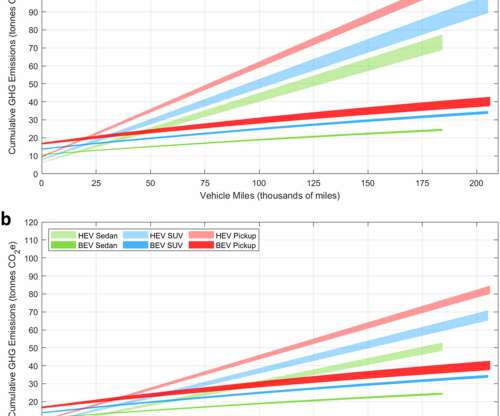










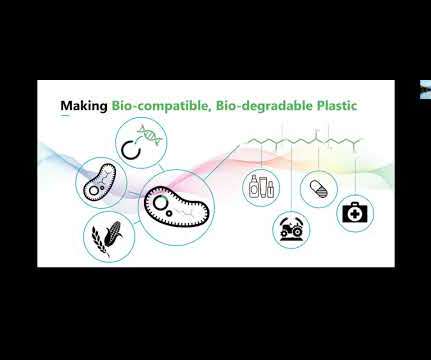

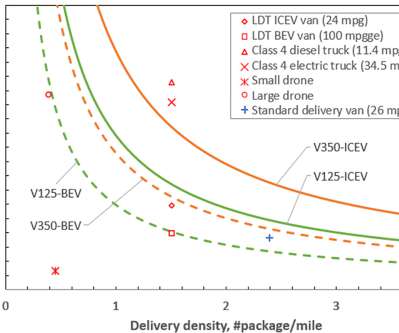



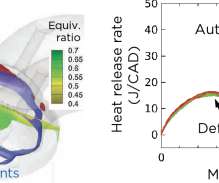





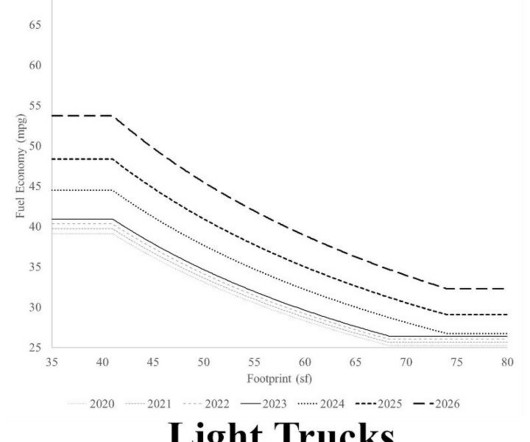












Let's personalize your content